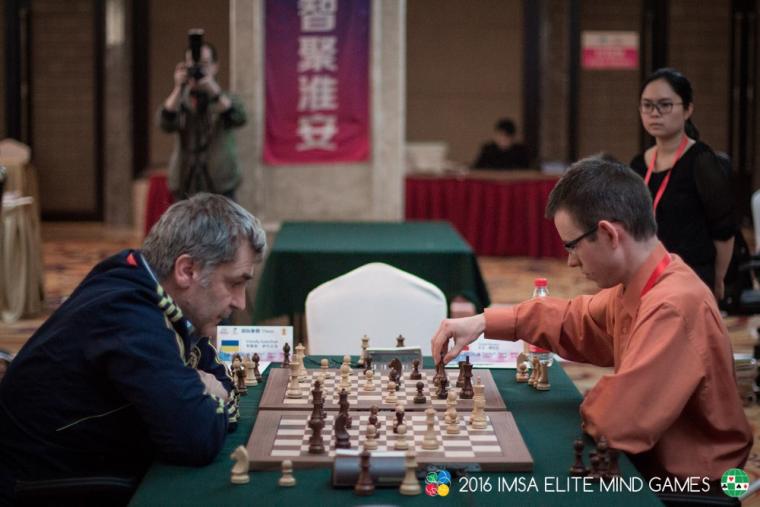
 The International Mind Sports Association is a made up of of six different mind sports federations
The International Mind Sports Association is a made up of of six different mind sports federations

Sports Destination Management: Has IMSA – or have mind sports in general – changed over the years?
Thomas Hsiang: Yes – we started in 2005 with four members, meaning four games represented. They were Bridge, Go, Draughts and Chess. We added Xiangqi in 2015, and we just added Mahjong this year.
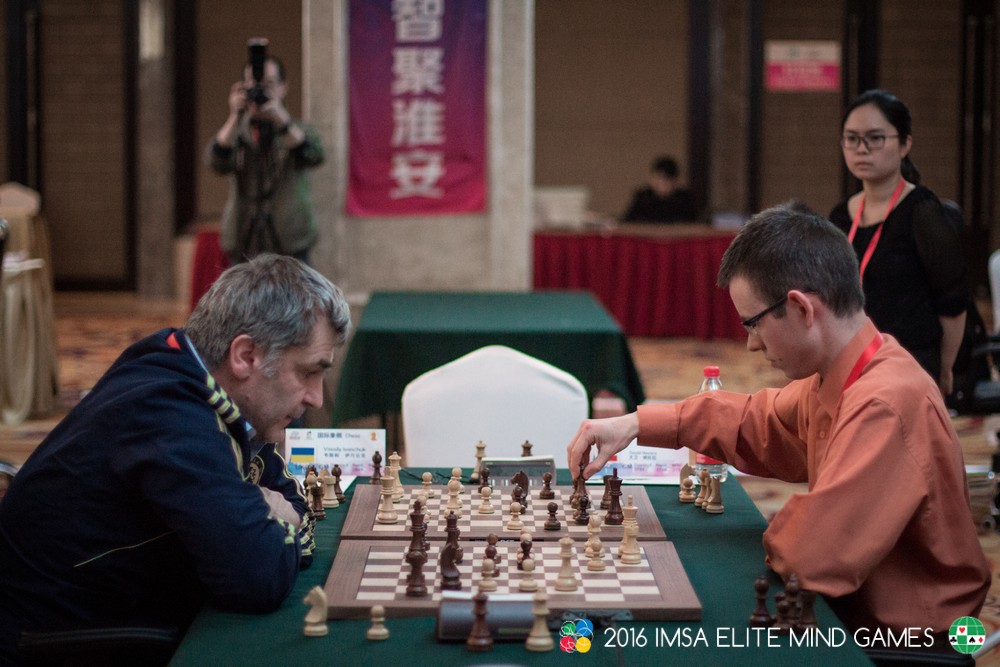
Hsiang: Yes – possible candidates include electronic games, duplicate poker and cue sports. The World Confederation of Billiard Sports is actually a very large organization; there are many different forms of billiards.
SDM: Does IMSA put on organized competitions?
Hsiang: Yes, we are going to have one version of them, the IMSA Elite Mind Games. They will be held in China in the second week of December. The Elite Mind Games are invitation-only so they are a smaller event. They will bring in the strongest players in each of the sport, and will provide a lot of prize money.
SDM: Is there a larger event as well?
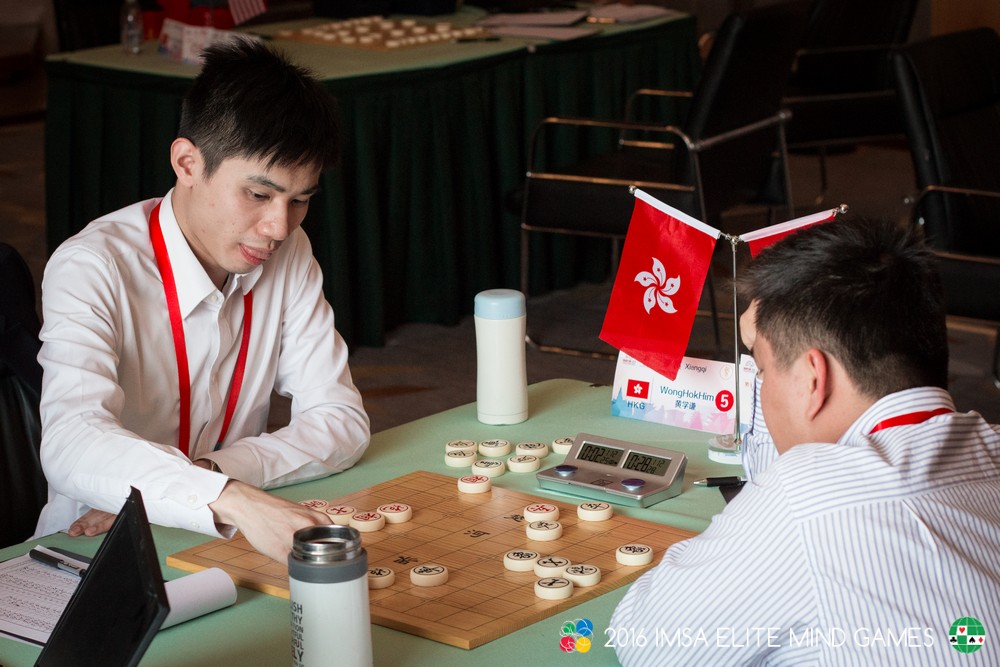
Hsiang: In 2018, we are looking to possibly host the World Mind Sports Games, which are a quadrennial Olympic-style event, in which every country sends teams and medals are awarded. In 2008, we held the Games in Beijing about two months after the Summer Olympics. The next time we held them was 2012, when the Games were held in London. We hosted those in Lille, France. We wanted to host our next one in Brazil after the 2016 Olympics, but that did not work out. We didn’t have time to explore other venues, so the Games were vacant for that year. We plan to make up for that with the next Games, which we would like to have in 2020, after the Summer Olympics in Tokyo. We have to negotiate with our host, though.
SDM: These are not the only competitions held in each of those sports, though.
Hsiang: No, not at all. Each sport has many events and tournaments.

Hsiang: In the first one, held in 2008, we had more than 3,000 players. That was the largest event so far. The second-largest had about 2,000 players.
SDM: What type of facilities is used?
Hsiang: We need a very substantial indoor playing area, as well as lodging and other services. We used the Beijing Convention Center that was part of the Olympic Park and players lived in the athlete villages. In 2012, we stayed in the Lille Grand Palais, which was similar to a convention center, and our players mostly stayed in hotels in town. In Tokyo, we expect to use one of the Olympic venues.
SDM: Does IMSA have similar needs for the Elite Games?
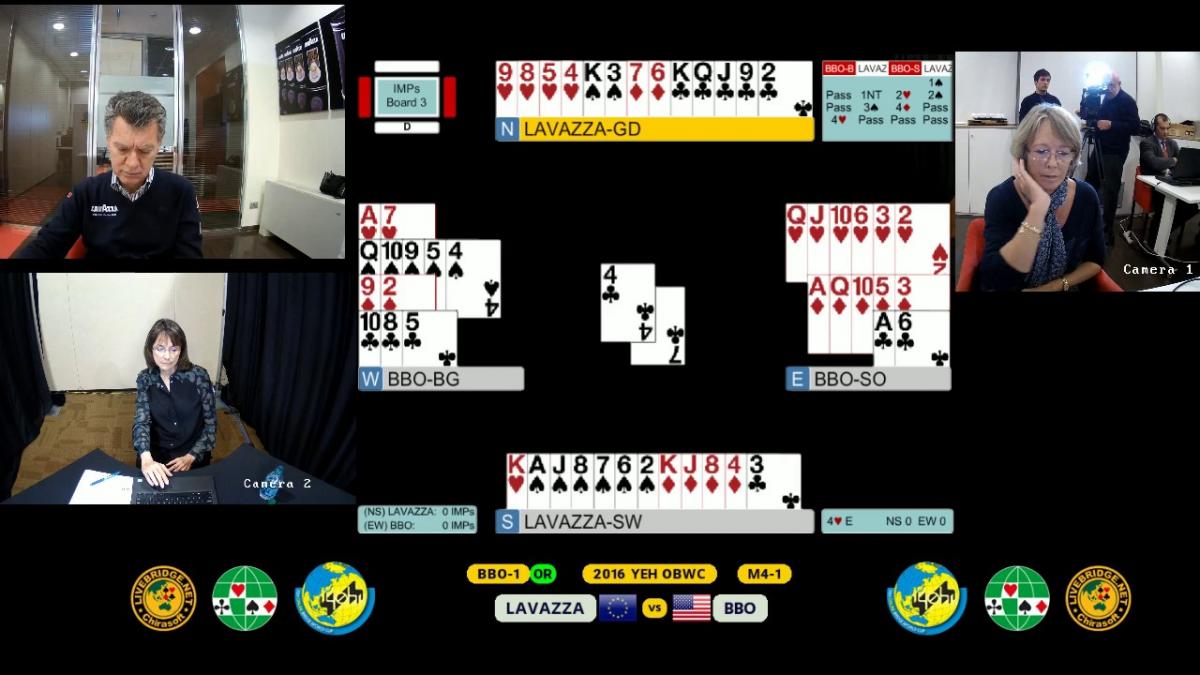
Hsiang: At the Elite Games, we only bring in a couple hundred people, so we can use hotels. We can use one large playing hall for each sport. Of course, with the addition of Mahjong since the last Games, we can probably bring in more players.
SDM: Who supplies the prize money?
Hsiang: Our sponsors have to come up with that.
SDM: What are some of the challenges facing IMSA?
Hsiang: The tournament must be sustainable, and to make it sustainable, we must generate commercial interest. If we can sell the broadcast rights, people can download matches at any time. I am hoping one day, we will get to the stage where there is live broadcasting and real income is generated. That will take some really smart thinking and organization. For example, we need to have commentators who can add elements of fun get an audience engaged.

Hsiang: Yes, we are doing very well with the streaming. We have no problem finding sponsors, but if we do not generate commercial value, the games may not be sustainable.
SDM: What are some of the benefits of mind sports?
Hsiang: They provide a good education. If you think about children and how they learn, you know they play games that encourage logical thinking, organization, math, following rules and learning patience. Mind sports really hone intelligence in youth. I think mind sports can play a very important part in children’s development, so we have almost a social responsibility to promote them. Similarly on the other end of the spectrum, for senior citizens, there is research on the fact that mind sports can benefit people by reducing memory loss and encouraging better cognition, in addition to providing social entertainment. In the U.S., senior citizens are the dominant volunteer force in teaching classes in mind sports to young people.
SDM: What steps is IMSA taking to promote mind sports?
Hsiang: I’d always thought even if we had a World Mind Sports Day, when people were encouraged to engage in at least one mind sport, it would be great. I think it could be of interest to a toy maker or game manufacturer, who could use it to promote sales.
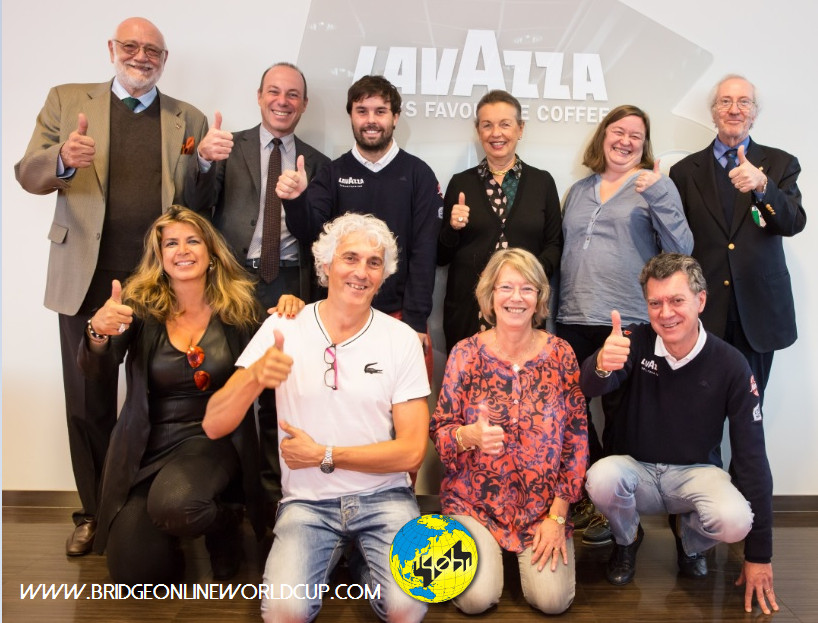
SDM: What misconceptions do people have about mind sports?
Hsiang: People think ‘Oh, you’re killing me. You call this a sport? It’s very sedentary.’ But according to SportAccord, which we’re a member of, and which classifies sports into five categories, we do fit the definition very well. Plus, the perception is changing. In Asia, parents look at mind sports as beneficial to their children’s education, rather than as a waste of time. In Beijing, for example, schools are providing mind sports as an extra-curricular activity, and students are required to pick one game.
SDM: If someone wants to host mind sports, where should they start? Should they reach out to a local chess club, for example?
Hsiang: That sounds reasonable, or they could contact their national association/federation for that sport.
SDM: What if someone is interested in learning more about IMSA or hosting IMSA events?
Hsiang: The easiest way is to contact one of the executive committee, such as our executive director, Geoffrey Borg, or myself. Our website also has a contact form.
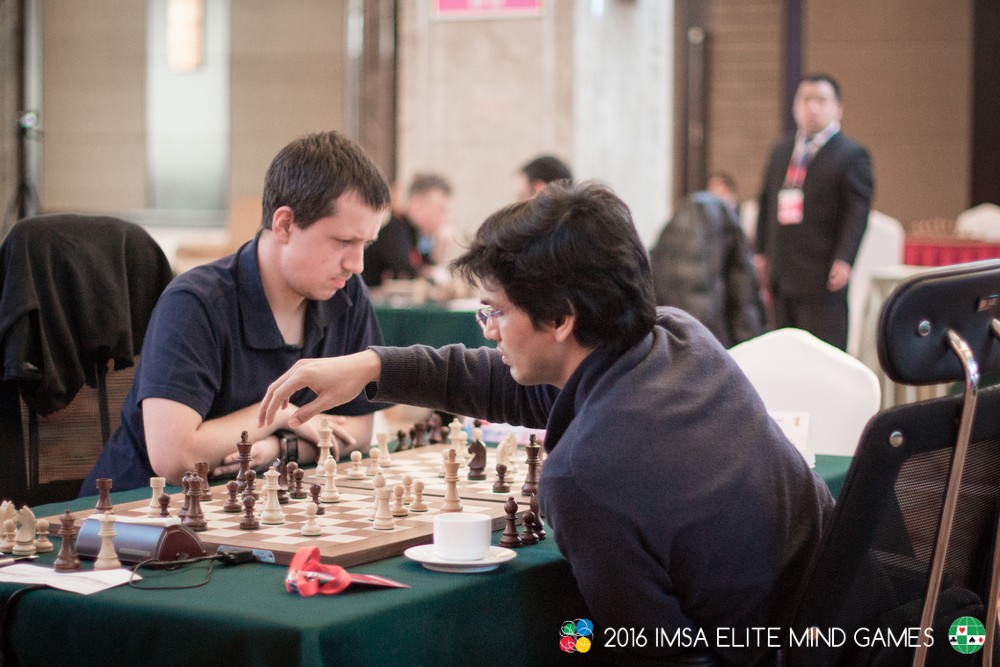
Hsiang: We just can’t do it in the U.S. Our government has a strict policy with granting visas. We have no way of knowing whether the State Department will grant visas for our players. We can do it in Canada and Mexico, but not in the U.S. A number of years ago, the U.S. was supposed to host an international competition for Go Players, but the visas were denied very late, and it left a bad taste in everybody’s mouth. We are looking to expand, though; Geoffrey and I are in total agreement: we want to expland IMSA internationally.
SDM: Do you think eSports count as mind sports?
Hsiang: eSports currently have a lot of bad elements, such as violence and sex. We’d like to see eSports straighten up their act. The International eSports Federation is working to help with that. We know our young people like electronic sports over the traditional board games. We should welcome that and try to create fun games that are clean, creative and challenging. It doesn’t have to be a lot of gore, sex and so on. Our young people are better than that. The industry has strayed and I think they are aware of it and are working on it.

